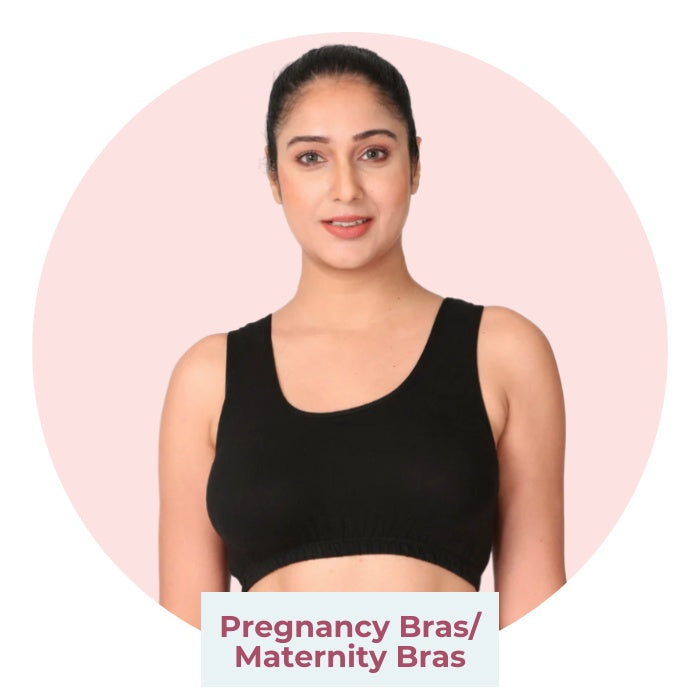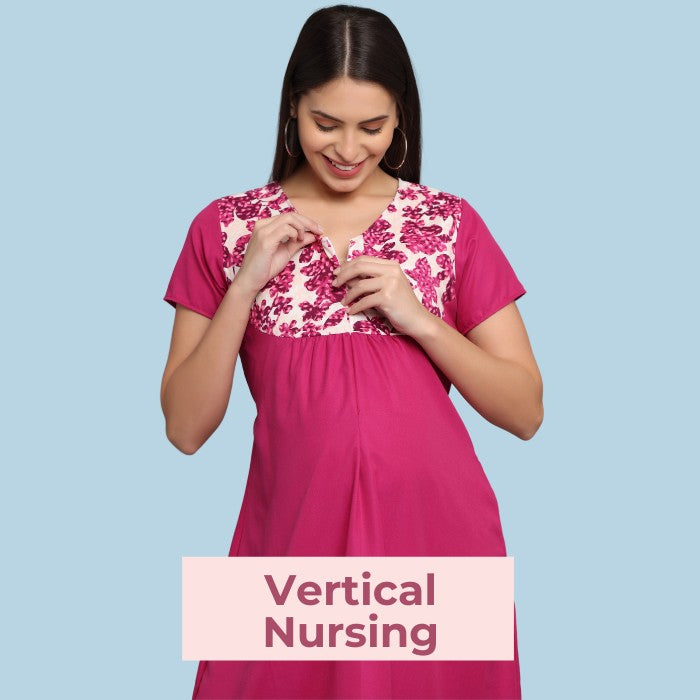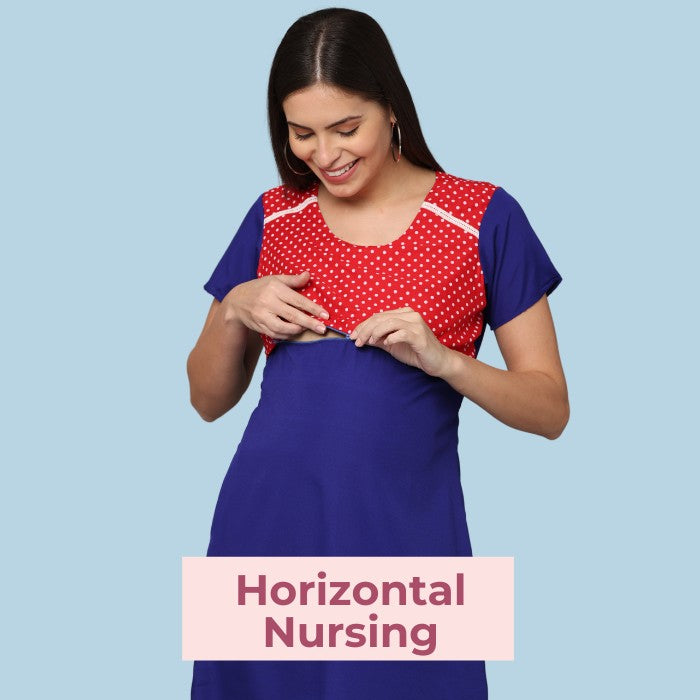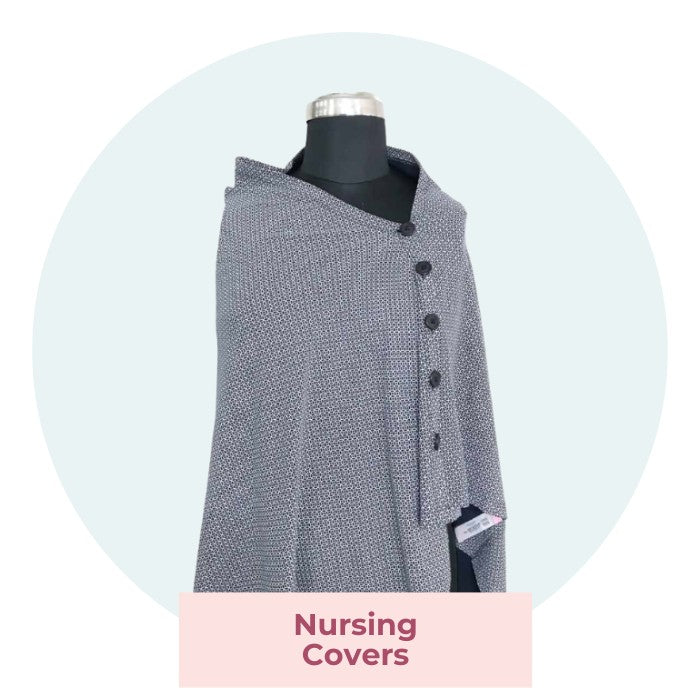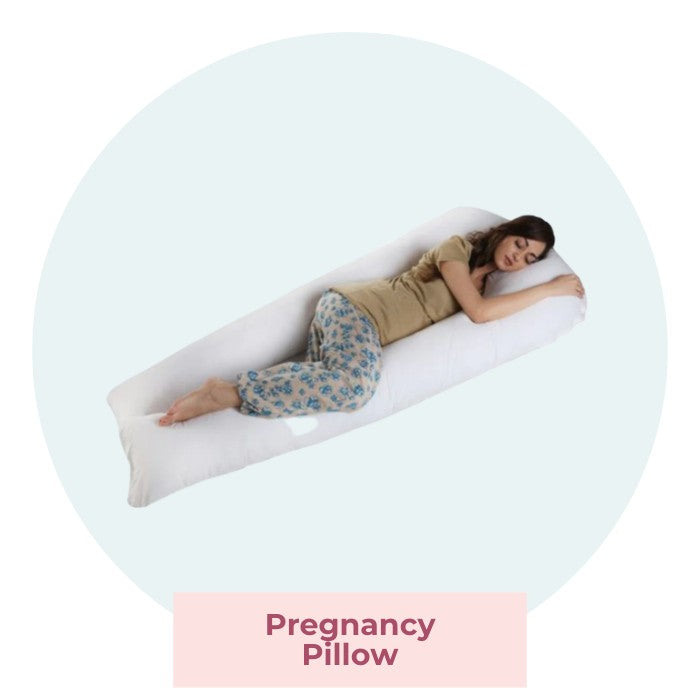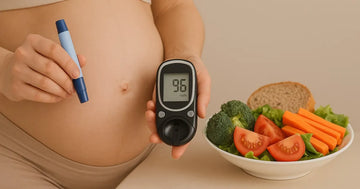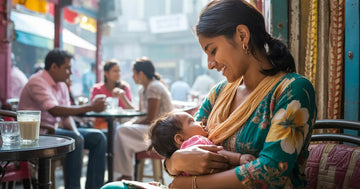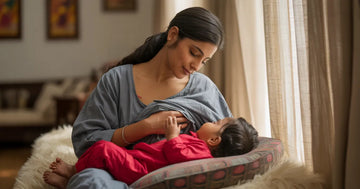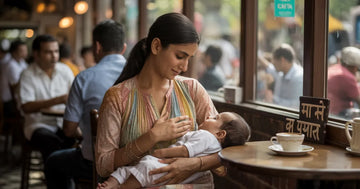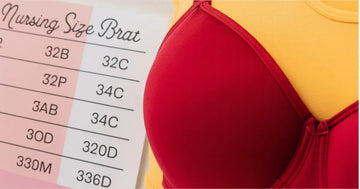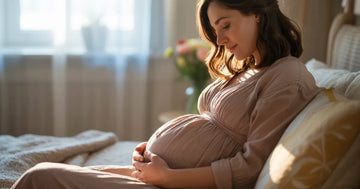
Image Credit: AI
It was once commonly believed that women should have children before the age of 30. Nowadays, due to women getting into the workforce and being breadwinners for their families along with their husbands, it’s not uncommon to see a pregnancy over 35. In this blog, we will bring you the risks of late pregnancy and tips for a safe and healthy one.
Risks With Pregnancy After 35
Most doctors advise women to have children while they are in their 20s and early 30s due to the higher risks in
- Higher chances of infertility and miscarriage.
- Premature delivery and stillbirths.
- Increased incidence of gestational diabetes.
- Increased possibility of C-section.
- High blood pressure during pregnancy.
- Higher risk of chromosomal abnormalities like Down syndrome in babies.
Also read: Pregnancy Complications - Everything You Need To Know
Tips To Have A Healthy Pregnancy
So what can you do? If you are over 35 years old, you should monitor your reproductive health to ensure the best possible condition for your pregnancy. Here are a few tips for you.
- If you’re planning to become pregnant, have a pre-pregnancy checkup with your doctor.
- Avoid unnecessary stress, as it affects your hormonal balance.
- Quit smoking to reduce risks—your health directly affects your baby’s health.
- Exercise regularly & eat healthy.
- Manage any existing conditions like high BP or diabetes.
- Speak to your doctor about genetic counseling or screening.
Also read: 7 Important Precautions To Take During Pregnancy
here.
The Benefits Of Advanced Maternal Age
Although later-age pregnancy can put you at higher risk of complications, there are positive aspects.
- As a potential older mother, you will be more mature & realistic about the idea of having a baby.
- You’ve likely considered the changes a baby brings to your life, so you’ll be better prepared to face the challenges ahead.
- Having financial control and stability is essential to better parenting. Babies are not low-maintenance after all. :)








